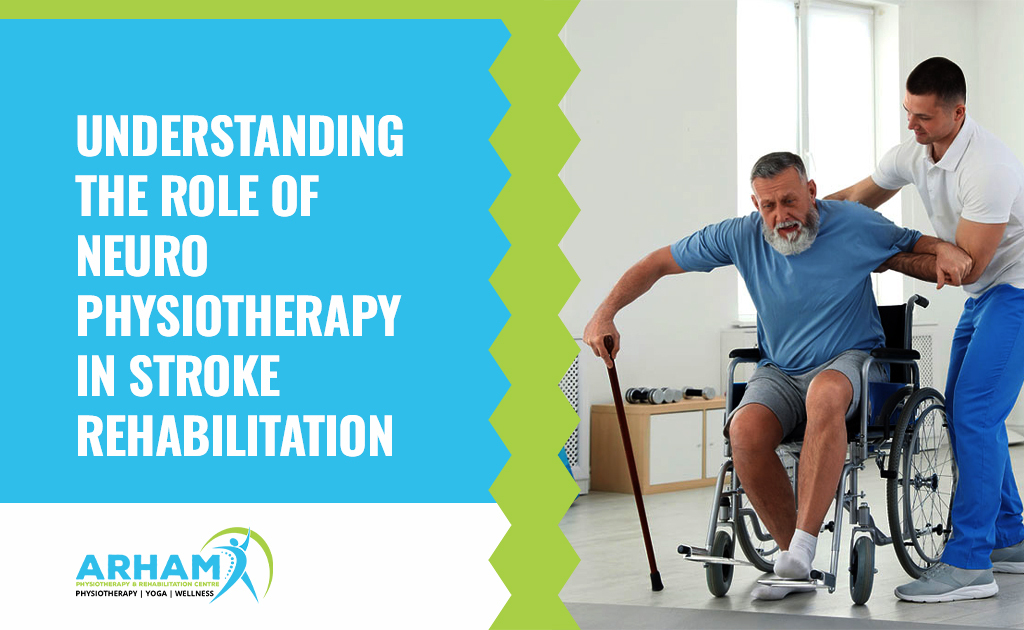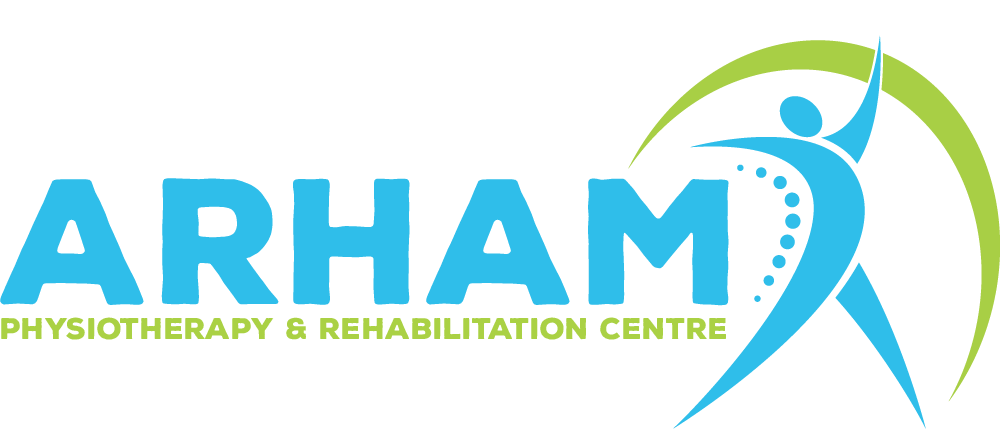Understanding the Role of Neuro Physiotherapy in Stroke Rehabilitation
Introduction
Stroke is a life-altering event that can result in various physical impairments, affecting a person’s mobility, coordination, balance, and overall quality of life. Neuro physiotherapy, a specialized branch of physiotherapy, plays a crucial role in stroke rehabilitation by maximizing recovery potential and improving functional outcomes. This article aims to explore the importance of early intervention and the various techniques employed in neuro physiotherapy for stroke survivors. Specifically, we will delve into movement and mobility training, motor relearning, range of motion exercises, task-specific training, balance and postural training, muscle strengthening, sensory reintegration, spasticity management, assistive devices, and education for long-term recovery.
Early Intervention and Neuro Physiotherapy
Early intervention is crucial in stroke rehabilitation, and neuro physiotherapy plays a significant role in the initial stages. By starting neuro physiotherapy early, stroke survivors can maximize their recovery potential and improve functional outcomes. This early intervention focuses on preventing secondary complications, optimizing mobility, and regaining independence in activities of daily living (ADLs).

Movement and Mobility Training
Neuro physiotherapy aims to help stroke survivors regain movement and mobility skills affected by the stroke. This includes training for walking, balance, coordination, transfers, and other functional movements. Physiotherapists utilize exercises and techniques tailored to the individual’s needs, gradually improving their motor abilities and overall mobility.
Motor Relearning and Neuroplasticity
Neuro physiotherapy harnesses the brain’s neuroplasticity, its ability to rewire and adapt, to facilitate motor relearning after a stroke. Through repetitive and targeted exercises, physiotherapists help stroke survivors retrain motor skills, promoting recovery and restoring functional abilities.
Range of Motion and Stretching Exercises
Specific exercises and techniques are employed in neuro physiotherapy to maintain and improve joint flexibility. Range of motion and stretching exercises help prevent complications like contractures and stiffness, ensuring optimal mobility and reducing the risk of further impairments.
Task-Specific Training
Task-specific training is a cornerstone of neuro physiotherapy. It involves practicing functional activities relevant to a stroke survivor’s daily life. By simulating real-life situations and focusing on specific tasks, such as dressing, cooking, or grooming, neuro physiotherapy helps individuals regain functional independence and rebuild confidence.

Balance and Postural Training
Balance and postural training are vital components of stroke rehabilitation. Neuro physiotherapy addresses these aspects by employing exercises and techniques aimed at improving balance, posture, and stability. Enhancing these skills helps prevent falls, increases mobility, and enhances overall quality of life.
Muscle Strengthening and Endurance Exercises
Targeted exercises are utilized in neuro physiotherapy to rebuild strength, endurance, and muscle control in affected limbs or muscles after a stroke. By gradually increasing the intensity and resistance of exercises, physiotherapists help individuals regain muscle function and promote optimal movement patterns.
Sensory Reintegration
Sensory impairments, such as loss of sensation or altered perception, are common after a stroke. Neuro physiotherapy addresses these issues through sensory reintegration techniques. By stimulating the senses and incorporating sensory-focused exercises, physiotherapists help stroke survivors regain sensory awareness and improve overall motor control.
Spasticity Management
Spasticity, characterized by muscle stiffness, is a common complication after a stroke. Neuro physiotherapy plays a vital role in managing spasticity through stretching exercises, positioning, and other therapeutic interventions. These techniques help reduce muscle stiffness, improve range of motion, and enhance functional abilities.
Assistive Devices and Adaptive Equipment
Neuro physiotherapy often involves the use of assistive devices and adaptive equipment to support stroke survivors during therapy sessions and daily activities. Walkers, canes, orthoses, and other devices aid in mobility, improve safety, and enhance independence.

Education and Home Exercise Programs
Education is a crucial aspect of neuro physiotherapy for stroke survivors and their caregivers. Physiotherapists provide valuable information on exercise programs, home modifications, and strategies to promote long-term recovery and prevent future strokes. By empowering individuals and their support systems, neuro physiotherapy ensures continued progress and improved quality of life.
Also Read: Pain Relief Physiotherapy
Conclusion
Neuro physiotherapy plays a vital role in stroke rehabilitation, helping individuals regain mobility, coordination, and independence. Through early intervention, movement and mobility training, motor relearning, range of motion exercises, task-specific training, balance and postural training, muscle strengthening, sensory reintegration, spasticity management, assistive devices, and education, neuro physiotherapy facilitates optimal recovery and enhances overall well-being. In Nikol, Ahmedabad, qualified neuro physiotherapists provide specialized care and support to stroke survivors, helping them navigate their rehabilitation journey and achieve the best possible outcomes.
Frequently Asked Questions
What is neuro physiotherapy, and how does it differ from traditional physiotherapy?
Neuro physiotherapy is a specialized branch of physiotherapy that focuses on rehabilitating individuals with neurological conditions, including stroke. It involves specific techniques and interventions tailored to address the unique challenges and impairments associated with neurological conditions.
How can neuro physiotherapy help in stroke rehabilitation?
Neuro physiotherapy plays a crucial role in stroke rehabilitation by helping individuals regain movement, mobility, and independence. It utilizes techniques that target motor relearning, balance, coordination, strength, and functional skills affected by the stroke.
Why is early intervention important in stroke rehabilitation with neuro physiotherapy?
Early intervention is crucial because the brain exhibits neuroplasticity, its ability to rewire and adapt after a stroke. Starting neuro physiotherapy early maximizes the brain’s potential for recovery, enhances functional outcomes, and prevents secondary complications.

Pingback: How to Prevent Accidental Fractures
Pingback: The Ultimate Guide to Weight Loss Management: Tips and Tricks
Pingback: The Benefits of Movement for Easing Knee Pain